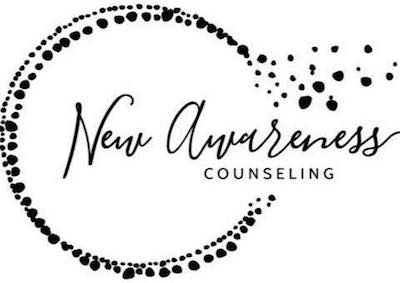This post is inspired by the work of Brené Brown who has dedicated a portion of her research to finding out what creates and maintains deep levels of trust.
Factor #1: Boundaries. We’ve all heard this word before yet many of us struggle to follow through with them in our day to day lives. Boundaries are about being clear about what’s okay and what’s not okay. If we aren’t sure, we ask. This seems easy enough but often times isn’t. People feel an increased sense of trust when they know how we feel about things and what we are willing or not willing to do. They know what to expect from us.
One concept that radically shifted my life was considering keeping boundaries with myself. This means I do not commit to things that I don’t actually want to do. This is hard. This means if my daughter’s school has a bake sale and I have a million other priorities to attend to that I say “no” or find a different way to contribute. Sometimes this creates an awkward interaction but what it saves me from is hours, weeks or months of resentment because I committed to do something I didn’t want to do.
This doesn’t mean I never suck it up and do something I’m not into. If my friend wants to go to dinner somewhere I don’t like for her birthday I will still go. I will go to all of my daughter’s ballet performances even though she is only on stage for 30 seconds of a 3 hour performance.
The best way to differentiate between the two is to think about the intention behind it. If I decide to do the bake sale because I am worried that people will think I’m a bad mom or it will “look bad” – that is likely coming from a place of shame. If I decide to do the bake sale because it makes me feel good to give back to the school, even if it takes time out of other priorities, that feels totally different. If I decide to take my son swimming (which isn’t my favorite thing) – it is because it makes me feel good and improves our bond.
Brené has a wonderful quote that I try to live by: “Our worth and our belonging are not negotiated with other people. We carry those inside of our hearts. I know who I am and I am clear about that. I will not negotiate who I am with you….because then I may fit in for you but I no longer belong to myself.” Every time we ignore our personal boundaries we are betraying ourselves. True belonging requires us to show up as our authentic selves.
I hope you can start saying “no” more often and getting in touch with what you intuitively know to be right (or wrong) for you. One last tip: take at least 5 minutes before committing to anything significant. Notice your body and the emotions that come up and make your decision from there.
Stayed tuned to learn the other 6 factors that comprise trust.
Best,
Ashley Mauldin

